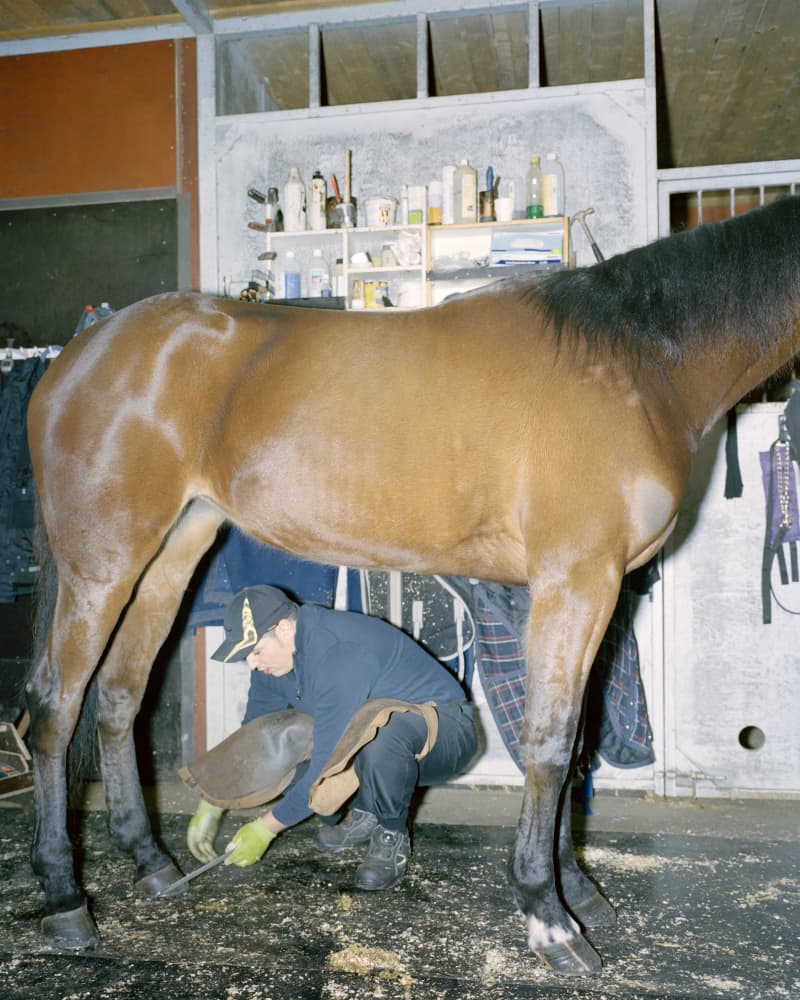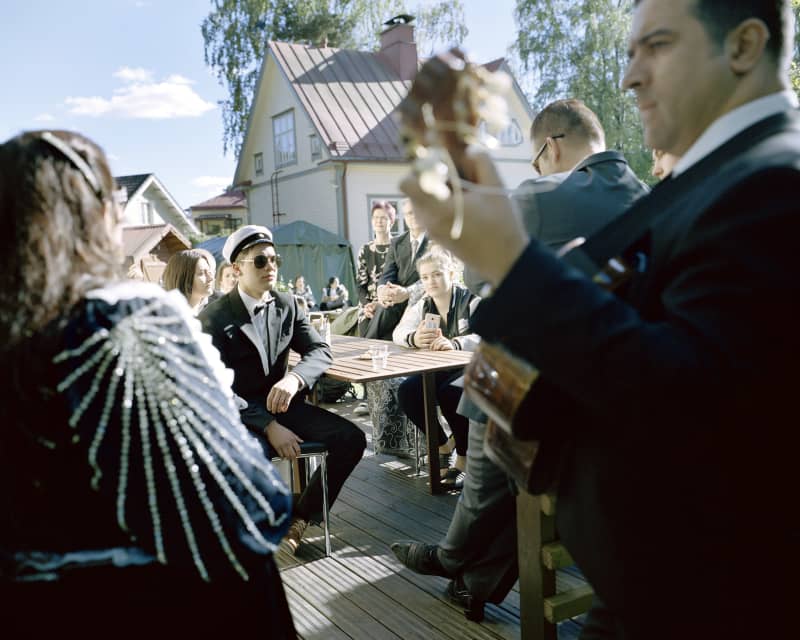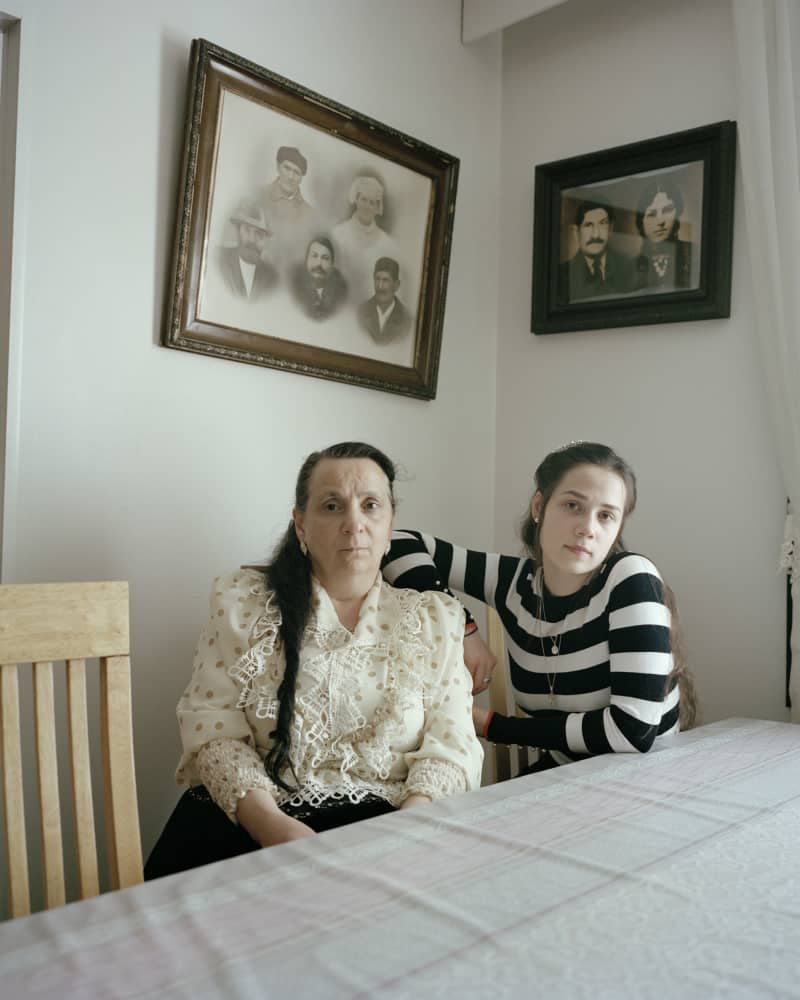
Photographer Jonne Heinonen named his photo exhibition Rom. It is Romani and means human.
In middle school or high school, not much was told about Romani culture, \”just a few asides\”.
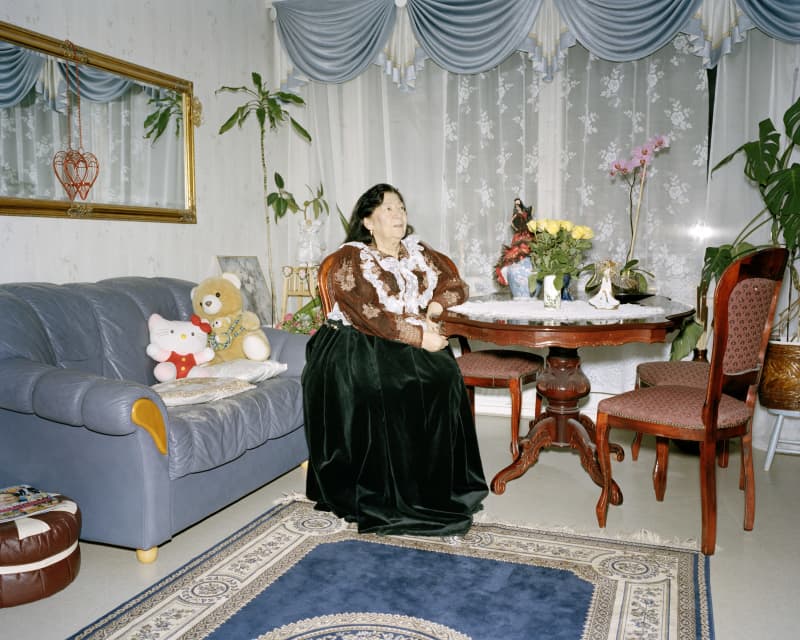
The minority culture was shrouded in a strange mystique. It was surprisingly difficult to get the right information or it was superficial.
That’s where it started. In 2016, Jonne Heinonen began photographing the Finnish Roma and minority culture in different parts of the country.
– I want you to see a person in my photos and want to know more about Roma. They are not a group of more than 10,000 people, but individuals and people.
A long-haired beanie describes the Roma
In the Romani community, the word about the photographer as a \”long-haired beanie\” who could be trusted and who is a \”good guy\” was popular.
– The genera are spread over several localities. When I left from one place to the next, they said to welcome Jonne, he could come say hello and take photos.
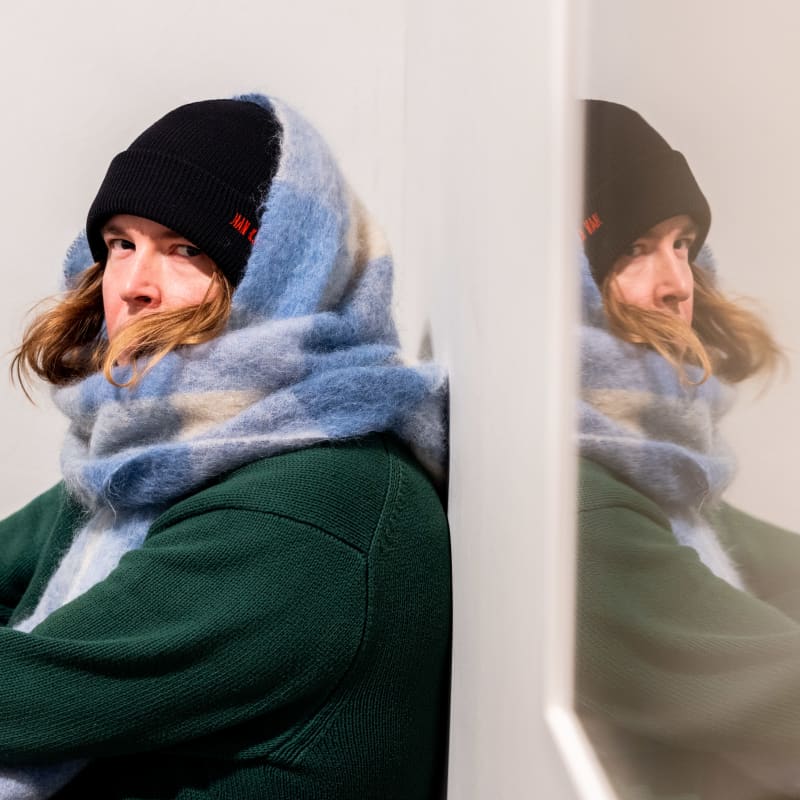
Jonne Heinonen spent a lot of time getting to know and talking to people. Only after that the camera was brought up.
He photographed everyday life, work and parties of people of different ages.
– With my photos, I want to tell what the everyday life of the Roma is in today’s Finland and how they have been able to preserve their culture despite all the persecution.
– My pictures are documents of the encounters I had with them, 36-year-old Heinonen says.
The project lasted seven years.
Sometimes the photographer was already ready to leave the job. He felt that he could not use his pictures to convey all that he saw and wanted others to see as well.
The Romani community wanted otherwise. They hoped that the filming would continue, because recording the Romani culture was important to them.
– Understand Jonne, it’s good for you to understand that this is of great importance to us, Heinonen was told.
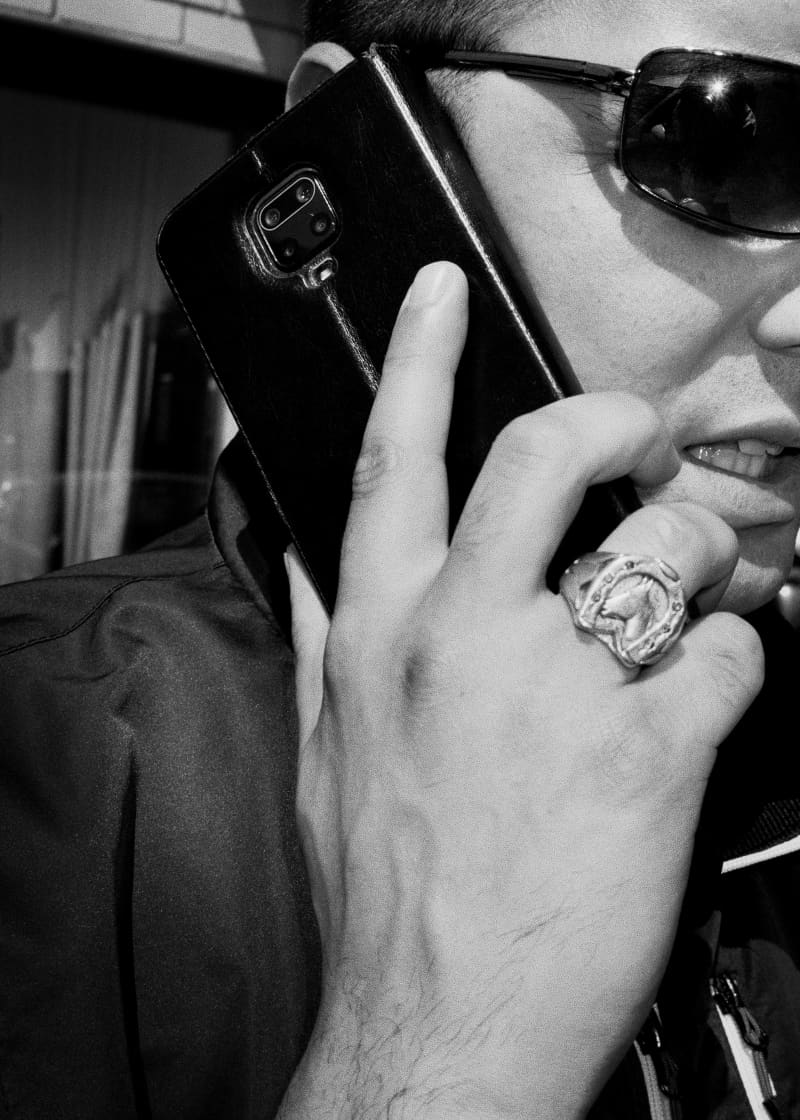
\”Jonne has an open mind about us\”
– Jonne has an open mind about us. When Jonne came to see me, he came to see primarily Samuel and only secondarily Romani.
– Roma people should not be portrayed like animals in a zoo.
For Samuel Florin means that they should be portrayed with respect like anyone else, and not with an upper hand.
He has a wish: \”Meet the person, not the culture\”.
Florin admits that the Roma are wary of the main population and it is due to centuries of discrimination. Keeping a distance, protecting one’s community from outsiders is a survival mechanism.
The photographer was invited to the dinner table
Trust arose between Samuel Florin and Jonne Heinonen and they became friends.
– Mutual respect was the cornerstone. The wrong approach would have brought everything down, says Heinonen.
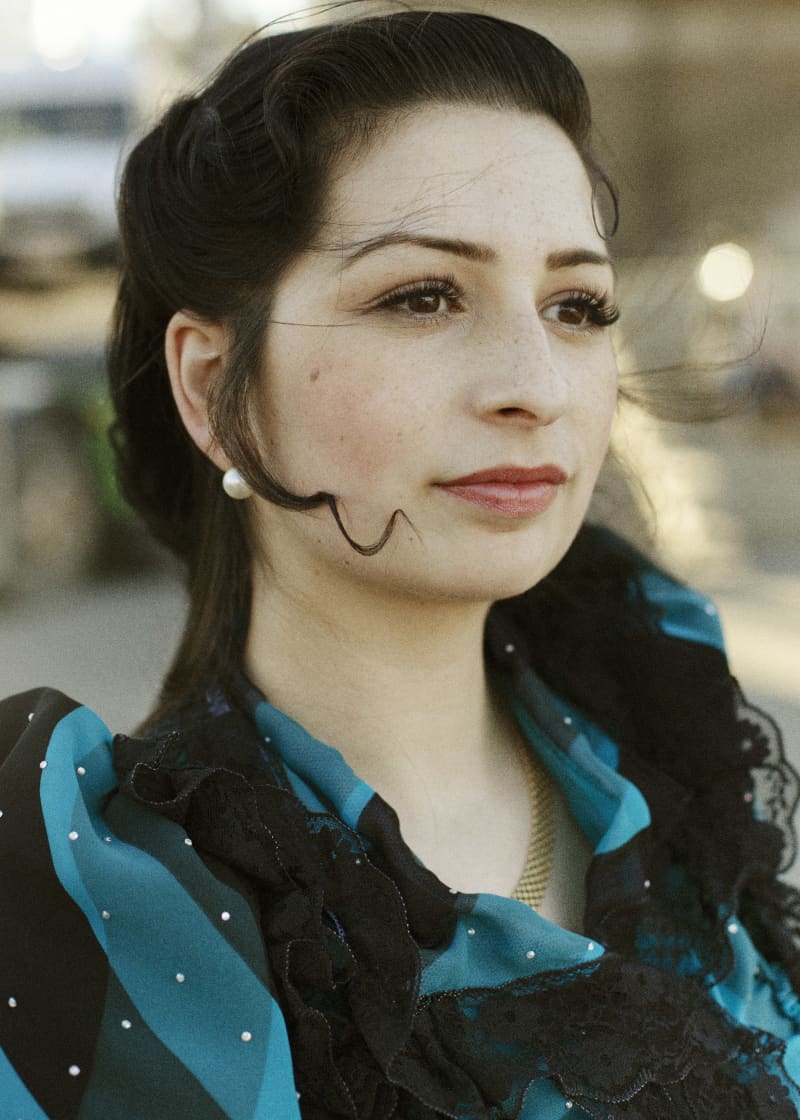
In the photographer’s opinion, the main population has something to learn about Roma community and the way to respect older people.
– I was surprised and amazed by the hospitality with which I was received. I was welcome at the common dining table.
He was told about the bullying experienced by the children at school and the discrimination and racism related to their ethnic background.
Getting a job can still be difficult despite the education.
– It’s crazy that we live in the 21st century and a middle schooler can’t get an internship because he’s Romani!
Heinonen also witnessed hate speech directed at Roma.
– It annoyed me so much that I didn’t want to show it in the photos, but left that part out completely.
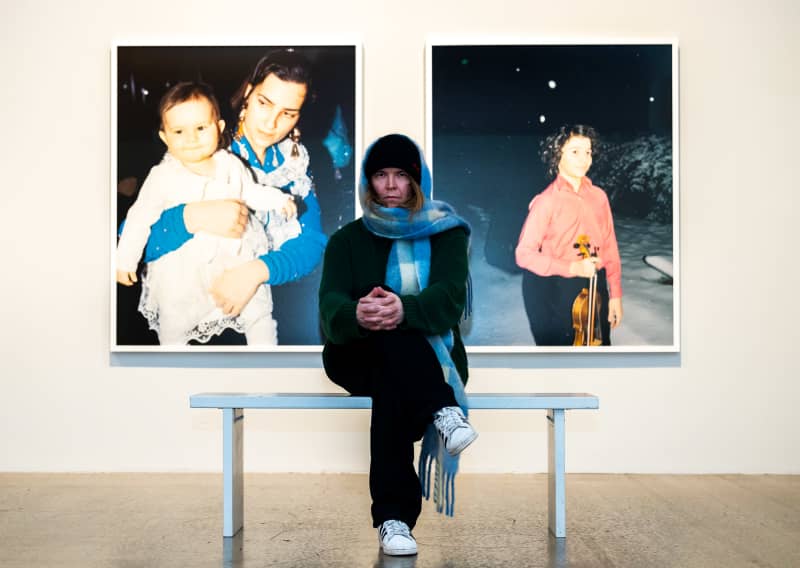
A missing piece of Roma history
Jonne Heinonen has graduated as a photographer from the Lahti Institute of Design.
He will teach visual expression at the Stadi vocational college until the turn of the year, after which he will begin his studies at the Academy of Fine Arts.
Heinonen has photographed for Finnish newspapers and his work has been exhibited in several exhibitions.
In the Roma photo exhibition at the Finnish Museum of Photographic Art in Helsinki, only a fraction of the project’s photos are on display. Thousands of them accumulated over the years.
Possibly some will be seen later in other exhibitions or a photo book will be compiled from the pictures.
Samuel Florin would hope so.
– I believe that in the future Jonne’s pictures will be a big piece of Roma history.
*Jonne Heinonen’s photo exhibition Rom at the Finnish Museum of Photographic Art in Helsinki 11.11.2022–8.1.2023.*

